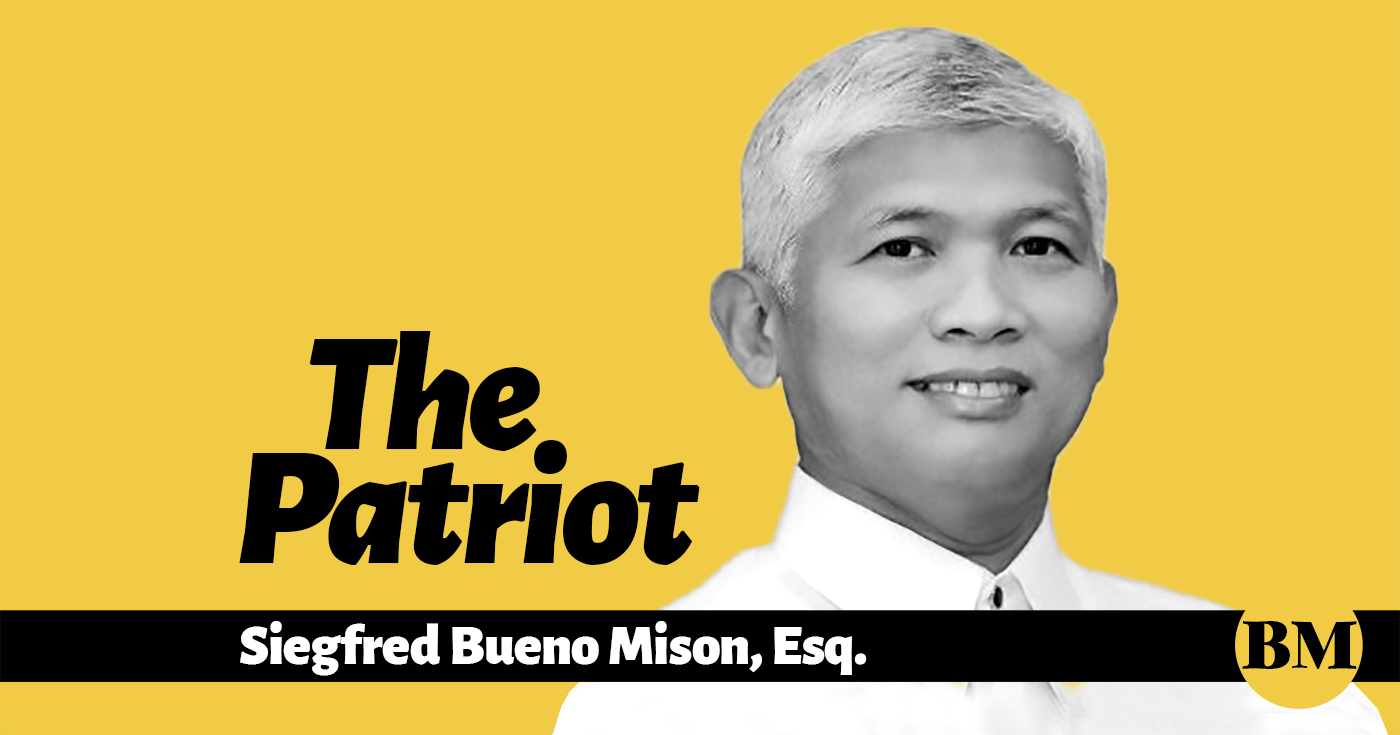GOING global is not just for large corporations. Small and medium enterprises can get into the action too. But why even tap the international market when selling to the local market is already a challenge?
There are many reasons entrepreneurs should go global. Here are two: First, the opportunities obviously are much greater. For companies that already dominate their sector, the next step is to look for potential customers abroad.
But even for smaller businesses, including exporters and outsourcing firms, the arbitrage model of selling products and services at a higher price to foreign markets using cheaper local labor and materials makes a lot of sense.
Second is foreign competition. With globalization and economic integration among countries, the entry of foreign firms, especially regional ones, is inevitable. So companies need to be more aggressive not only in defending their local turf but also to consider going head to head in regional markets.
How to go global
There are different paths to getting into the international market, depending on the nature of the business and the chosen business model.
- Go direct
Large Philippine manufacturers have become successful in going after regional markets, setting up subsidiaries abroad. San Miguel Corp. sells its beers in Hong Kong, Indonesia, Vietnam and Thailand. Liwayway Holdings Co. sells its potato chips and snacks in China and is even planning a Hong Kong initial public offering. International Container Terminal Services Inc. operates ports in Indonesia, China, Brunei Darussalam, Pakistan, Australia, Brazil, Ecuador, Mexico, Poland, Nigeria, Iraq and other countries. SM Prime Holdings has malls in China and Guam.
- Acquire foreign companies
The bigger Filipino companies have gained the war chest and the confidence to buy foreign companies outright. Instant noodle firm Monde Nissin has bought popular fruit-juice brand Nudie and chilled-dips manufacturer Black Swan, both from Australia, and is buying British meat substitute manufacturer Quorn. Liquor manufacturer Emperador acquired Scottish whiskey maker Whyte & Mackay and Spanish brandy producer Bodega Las Copas, and is still looking to diversify in Europe. Fast-food giant Jollibee Foods Corp. gobbled up US fast-casual burger chain Smashburger.
- Export products
This has been the traditional model for many entrepreneurs in the Philippines. For decades, small businesses have been exporting gifts and crafts, woodcraft and furniture, fashion accessories, and food products to China, the United States, Singapore, Japan, Hong Kong, Germany, South Korea, and other countries. Furniture designer Kenneth Cobonpue is a good example of an entrepreneur with a global brand. And there are, of course, international fashion designers like Josie Natori, Michael Cinco, Monique Lhuillier and Francis Libiran, who have made a name in the US fashion industry.
- Outsource services
The Philippines is one of the world’s top outsourcing destinations, second only to India. In outsourced voice services, it is already No. 1. Although dominated by multinational players, there are also a number of successful homegrown companies, such as SPi Global and ePLDT, plus many smaller players that have found a lucrative niche in tapping foreign markets for game development, animation, software development, back-office operations, transcription and others.
- Franchise brands
There are approximately 10 million Filipinos living or working abroad as temporary workers or permanent residents. Naturally, local firms have seen the potential of tapping this Filipino diaspora, which is scattered in all corners of the globe. The most common approach is to franchise their brand abroad. They run the gamut from large companies to small businesses, including the likes of Jollibee, Max’s Fried Chicken, Potato Corner, Crystal Clear Water, Fiorgelato, Sweet Corner, Lay Bare Waxing, and others that have franchisees all over Asia, America and Europe.
- Take advantage of technologies
Local start-ups are realizing the huge potential of the international market, especially other emerging markets where Philippine companies can apply successful business models in social enterprises. Sustainable Alternative Lightning (SALt), the Philippine representative to Startup Nations Summit 2014, is a perfect example of a social business that can be rolled out internationally. Mobile app Pickld, the Philippine representative to Creative Business Cup, has an international market. With Internet and mobile technologies making it easier to go global, many are setting their sights into international expansion. Job-market portal Kalibrr is looking to expand regionally starting with Indonesia. Microlending web site Lenddo is now in Colombia and Mexico. Mobile health-care start-up mClinica is rolling out in Indonesia and Vietnam. Then there are, of course, the one-man or small-team freelance Filipino businesses that are a major force in international freelance marketplaces like Upwork and Freelancer.com.
Filipino entrepreneurs have shown that local businesses, whether big or small, can successfully compete in international markets and tap the vast opportunities worldwide. The Philippines, through country host Young Entrepreneurs Society (YES) Philippines, will join 160 countries in celebrating Global Entrepreneurship Week, which has become a major platform in empowering Philippine companies, including small start-ups, to compete in the global arena through its various international competitions.
*****
Heinz Bulos is a registered financial planner of RFP Philippines. He is the president of Learning Curve Inc., a strategic partner of YES Philippines in promoting Global Entrepreneurship Week.





























